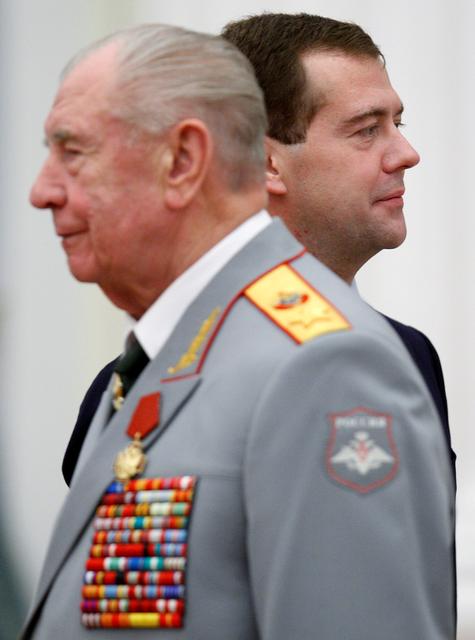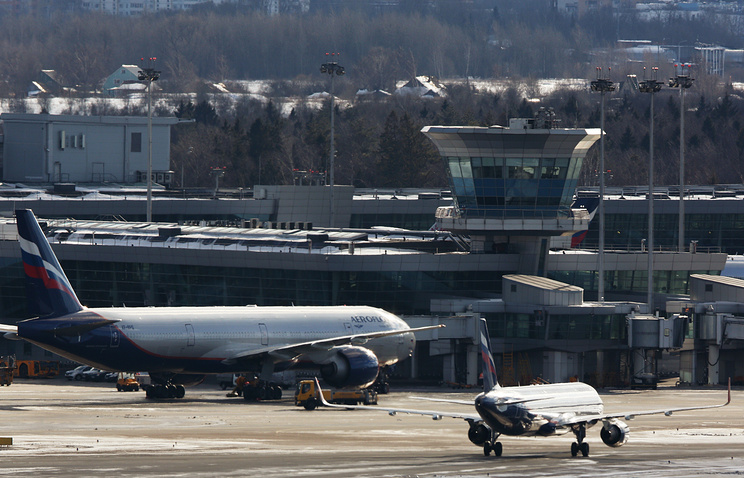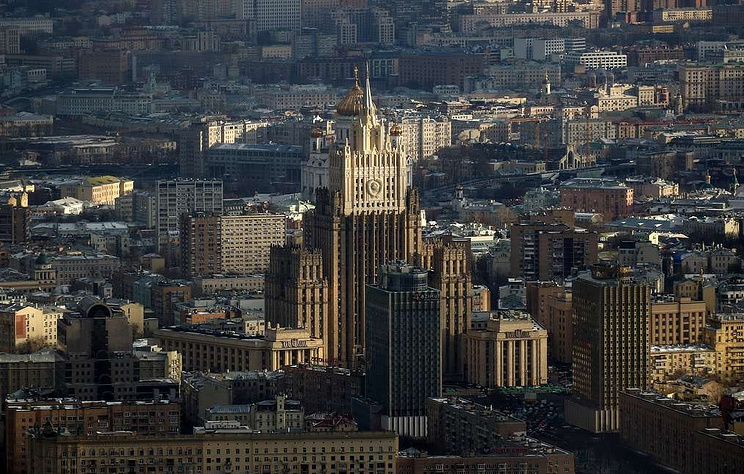Russia to keep former minister Abyzov in jail on fraud charges
A court in Russia on Wednesday ruled that former government minister Mikhail Abyzov, an ally of Prime Minister Dmitry Medvedev, be held in pre-trial detention for two months ahead of his trial for fraud and organizing a criminal group.
Only a court can judge whether Abyzov is guilty of anything, the Kremlin spokesman said.
March 27, 2019 - Kremlin: Putin staying mum on ex-minister Abyzov’s case
Kremlin: Putin staying mum on ex-minister Abyzov’s case
Russian President Vladimir Putin has not made any statement on the case of former Open Government Affairs Minister Mikhail Abyzov, Kremlin Spokesman Dmitry Peskov told reporters on Wednesday.
"No, he (Putin) cannot express his attitude as any attitude would actually be an attempt to put pressure on the investigation," he said, adding that the Kremlin does not and cannot have any stance on the case.
"What is important here is the position of the investigative agencies. Only a court can judge whether Abyzov is guilty of anything," Peskov explained.
Lithuania finds ex-Soviet defense minister guilty of war crimes

A Lithuanian court found former Soviet defense minister Dmitry Yazov guilty of war crimes and crimes against humanity on Wednesday for his role in a 1991 crackdown against the Baltic state's pro-independence movement.
The law stipulates that criminal kingpins cannot be sentenced to less than what the law specifically states and cannot receive a suspended sentence.
March 27, 2019 - Can’t do the time, don’t do the crime: Russia hits mob bosses with longer jail terms
Can’t do the time, don’t do the crime: Russia hits mob bosses with longer jail terms
Russia’s Federation Council (upper house) at Wednesday’s plenary session passed a bill that introduces harsher punishments for establishing an organized crime network or joining one, imposing criminal penalties of up to 15 years in prison for those occupying top positions in any mafia hierarchy.
A new article has been added to the Criminal Code of Russia dubbed "Holding a top position in a criminal hierarchy" stipulating 8-15 years of jail time and a possible fine of up to 5 million rubles ($77,000), or a fine of a salary equivalent, or any other source of income equal to a five-year salary together with 1-2 years of incarceration.
Chairman of the Federation Council Committee on Constitutional Legislation and State Building Andrey Klishas pointed out that the law establishes that the cumulative punishment for a single case cannot exceed 30 years in prison and the cumulative sentencing for numerous cases for violating multiple articles cannot be more than 35 years. The senator recalled that at present these figures are 25 years cumulatively for a single case and 30 years cumulatively on all counts from numerous cases.
Moreover, the law stipulates that criminal kingpins cannot be sentenced to less than what the law specifically states and cannot receive a suspended sentence.
Participating in meetings with organizers, heads (leaders) or other representatives of crime networks and gangs with the aim of committing at least one crime from those specified in Article 210 of the Criminal Code (Creation of a Criminal Community (Criminal Organization) and Participation Therein) now constitutes a crime itself, with the penalty being 12-20 years in prison with a possible fine of 1 million rubles ($15,500), or with a fine of a salary equivalent, or any other source of income equal to a five-year salary together with 1-2 years of incarceration. Moreover, all criminal penalties for violating Article 210 have been increased. "This federal law will help us to crack down on organized crime in Russia," Klishas stressed, adding
that the statute will make it possible to hold people responsible who are not actively engaged in crimes, but rather mastermind them, assign roles and issue criminal orders.
 )
)
 )
)





